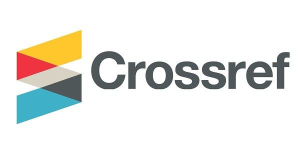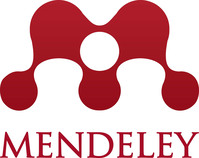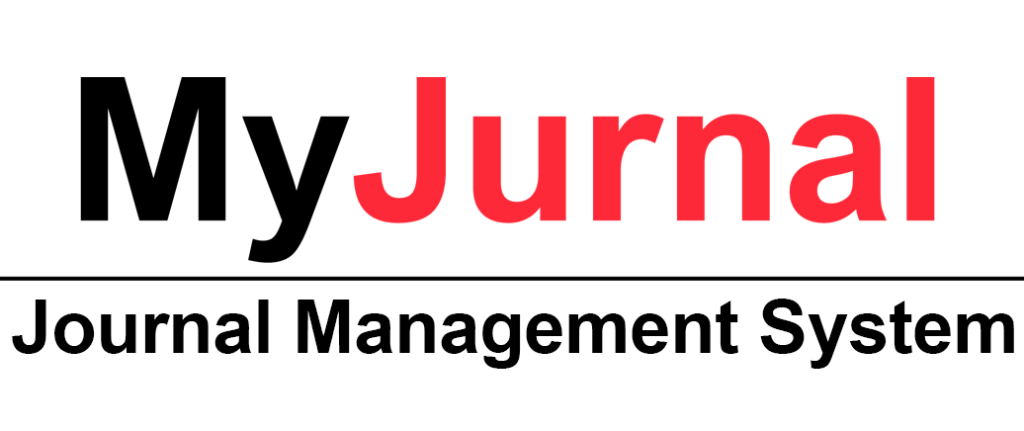A Critique of the Turkish Education System During the Early Republic Period (1923-1943) Based on Syed Ahmet Arvasi’s Idea
DOI:
https://doi.org/10.31436/ijes.v11i2.489الكلمات المفتاحية:
modernization، secularism، nation-state، Turkish Education System، Syed Ahmet Arvasiالملخص
States established as nation-states in the 19th and 20th centuries have used education to defend their principles of existence and legitimacy. In this context, the Republic of Turkey, founded on the ruins of the Ottoman Empire, has made great efforts to transform its people into a modern nation-state. The most important tool of the state in this effort has undoubtedly been education. Since the basis of the republican ideology is secularism, the basic building block in education has also been secularism. The education system has been the most important part of secular modernization and the construction of a new national identity. New and secular values that form the national identity have been transferred and transmitted to new generations through education. In this context, education policies have been under the influence of the new regime for a long time since the founding of the republic. This study has drawn from Syed Ahmed Arvasi’s ideas in analyzing the historical development of education in Turkey, and identified that problems such as moral corruption, anarchy, lack of national consciousness, and lack of personality in today's society are closely associated with the secular education policies of the Republican period. In moving forward, the study supports Arvasi’s idea of educating the younger generation according to the principles of Turkish-Islamic culture. Future studies may explore further the viability of Arvasi’s ideas and how they can be implemented in the formal system of education in Turkey
المقاييس
التنزيلات
منشور
كيفية الاقتباس
إصدار
القسم
الرخصة
الحقوق الفكرية (c) 2023 IIUM Press, International Islamic University Malaysia

هذا العمل مرخص بموجب Creative Commons Attribution 4.0 International License.
The Journal will own copyright to all published works and have the right of first publication, both in print and online, unless other arrangements are made with the Editors in advance. It is the author`s responsibility to ensure that where copyright materials are included within an article the permission of the copyright holder has been obtained beforehand.























